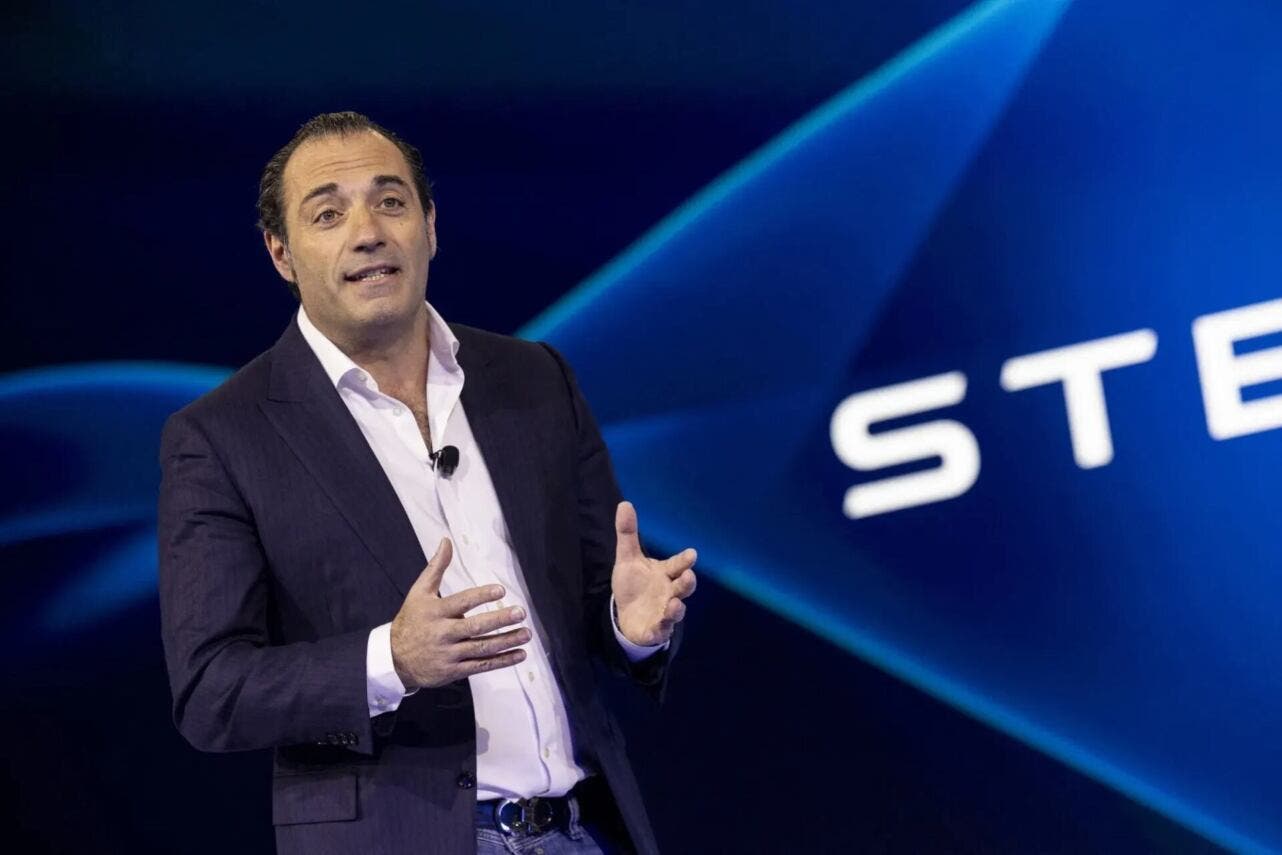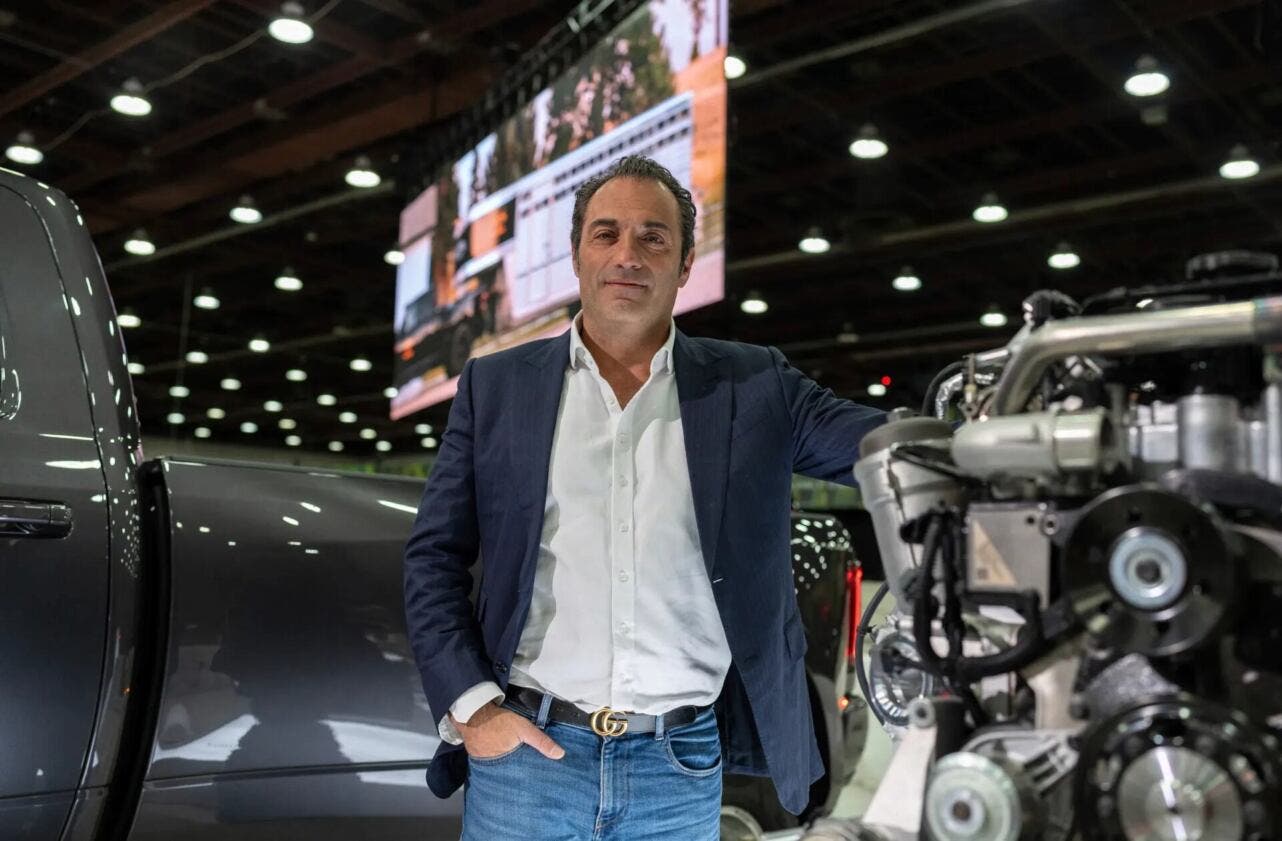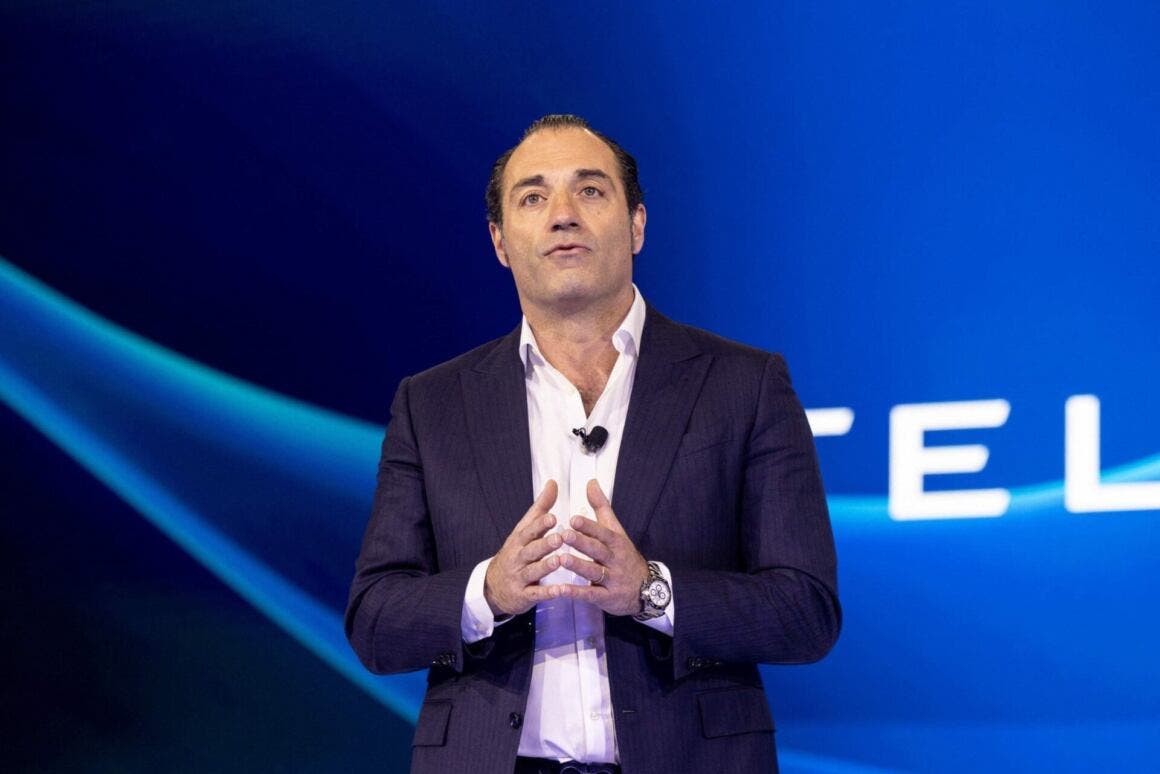Stellantis CEO Antonio Filosa has launched a clear appeal to the European Union, inviting Brussels to review as soon as possible the rules governing the transition to electric mobility. According to the Italian manager, the current regulatory framework is too rigid and unrealistic, and risks putting the entire European automotive industry in difficulty, exposing it to growing competition from Chinese manufacturers.
Stellantis CEO Filosa urges EU to revise “unrealistic” electric vehicle transition rules

“The problem is not Chinese cars, but unrealistic European rules,” Filosa stated, emphasizing how Stellantis has the technology, design and innovation to compete at the highest levels, but needs a more balanced and pragmatic regulatory context.
On the national front, Filosa reiterated Italy’s central role in the group’s industrial strategies, citing among examples the start of production of the new Jeep Compass in Melfi and the arrival of the hybrid Fiat 500 in Mirafiori. “Every Italian plant has a clear production mission. There will be no downsizing,” he assured.
The CEO also highlighted the differences between the European and American models, where rules have been updated with greater pragmatism and speed, allowing citizens to maintain broader freedom of choice.

Filosa then summarized Stellantis‘ requests to Europe in four priorities: technology neutrality, renewal of the vehicle fleet, support for the small car segment, a sector in which Italy excels, and an urgent revision of targets for commercial vehicles, currently judged unattainable.
Finally, the manager emphasized the issue of energy costs, noting that “in Spain a megawatt-hour costs 70-80 euros, while in Italy it reaches 182.” A gap that, according to Filosa, directly weighs on industrial competitiveness. Stellantis is already working with the Government to identify sustainable solutions.
Filosa concluded by announcing that in 2026 the group’s new industrial plan will be presented, which will outline Stellantis‘ next phase of development in Europe and worldwide.
